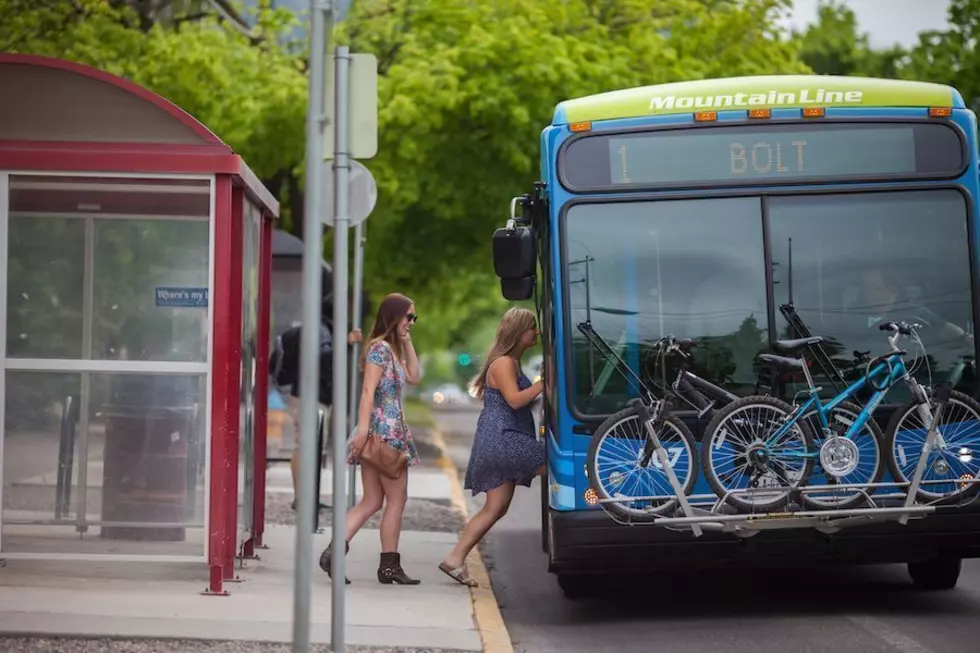
Missoula measure would eliminate parking requirements near transit stops
Martin Kidston
(Missoula Current) Saying it adds costs to housing and limits creativity, several council members on Wednesday introduced a measure to undue parking requirements on projects located near a transit stop.
But city officials cautioned that doing so may not have the desired effect in creating more housing and could remove an incentive the city uses to coax developers for certain outcomes.
The measure, sponsored by council members Mike Nugent and Daniel Carlino, would direct the city's consultant to amend the city's parking mandates as part of the code reform process. Code reform has begun but is expected to take several years to complete.
But if approved, the measure would direct the consultants to reform parking as an “early deliverable,” meaning parking mandates would be scrubbed from regulations sooner rather than later.
“If we're going to wait two or three more years to reform something as simple as government parking mandates, we can imagine (housing prices) are going to continue to skyrocket,” Carlino said. “Each year we wait, the higher and higher we can expect rent to go.”
Supporters of the measure said the city's parking mandates force developers to waste space on storing cars when it could be used for additional housing, parks or gardens. They also said the cost of providing parking drives up the end cost of a housing project – a cost that's passed on to renters or buyers.
Carlino said the provision of parking should be left to the developer to decide, not the city.
“These parking mandates make it where good, affordable infill projects aren't able to pencil out,” Carlino said. “Let's let the developer decide. This is a huge problem that's inhibiting new housing to be created.”
In recent years, the city has introduced opportunities to reduce parking requirements, including a 15% reduction in parking near transit stops.
Eran Pehan, the city's director of development, said reductions can also be offered to builders as an incentive for other things, like energy-efficient upgrades or affordable housing. But in many cases, she said, the market dictates a project's parking and many builders are providing more parking than the city requires.
“We're really seeing a market-driven approach on the ground. With few exceptions, residential development is providing more parking than what the code requires,” Pehan said.
Pehan added that the city's isn't opposed to exploring a reduction in parking requirements but said doing so should be done in conjunction with other measures that will be explored as part of the larger code reform effort.
“Removing a parking minimum in and of itself may have little impact. We might not see the outcome of reduced parking equate to an increase of homes,” Pehan said. “Eliminating parking near transit stops in a vacuum without addressing other transportation options can be an ineffective approach.”
